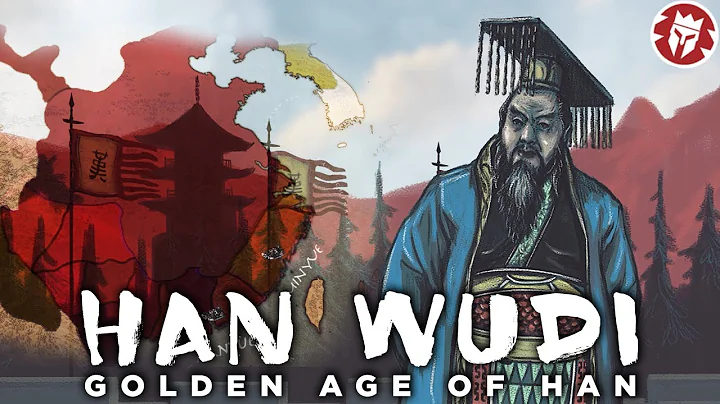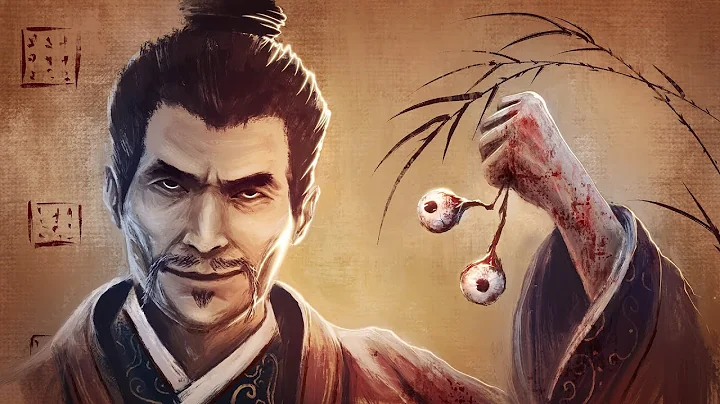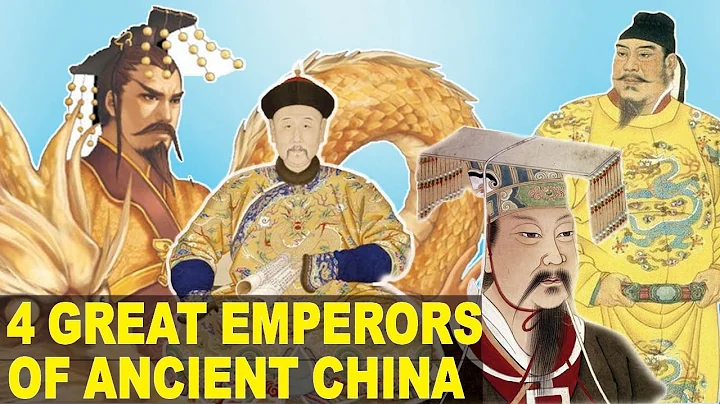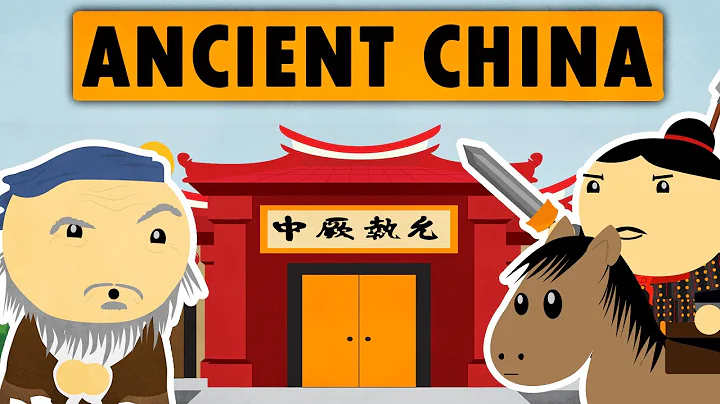Since the first emperor Qin ruled the six kingdoms, established the Qin Dynasty, and invented the title of "Emperor", until the Xuantong Emperor Puyi at the end of the Qing Dynasty, there have been about 300 emperors on the land of China. Although the number of emperors is large, not many have made great contributions to the development of Chinese history. Below, we will take stock of the ten emperors who have made great contributions to China's development in history.
First place: Qin Shihuang

Qin Shihuang, the first emperor in Chinese history, created China’s more than two thousand years of "feudal monarchy" rule . Qin Shihuang's great contribution to the development of China's history was to unify the six countries, end the wars that lasted for hundreds of years in the Spring and Autumn and Warring States period, and established a unified country for the first time on the land of China. In particular, his books have the same text, the cars are on the same track, and the unified weights and measures are the foundation for China's future unification.
Second place: Han Wudi

Han Wudi, the sixth emperor of the Han Dynasty. During his reign, he adopted Dong Zhongshu's suggestion to "deactivate a hundred schools of thought and respect Confucianism" and put an end to the situation of "teaching different ways, different opinions, and a hundred schools of wisdom" since the pre-Qin period, and for the first time unifying Chinese thought.
In addition, in terms of military affairs, he swallowed Baiyue to the south, marched to Dawan to the west, and broke the Huns in the north. He completely defeated the Huns who threatened the confidant troubles of northern China, fleeing to the west, and established an unprecedentedly powerful Han Empire , And opened the "Silk Road" to the West.
Third place: Emperor Wen of the Sui Dynasty

During the reign of Emperor Wen of the Sui Dynasty, he destroyed the Chen Dynasty within, unified China, and ended the centuries-old confrontation between the Northern and Southern Dynasties. Establish a unified dynasty "Sui Dynasty". Externally, it defeated the powerful northern enemy "Turkic" and adopted military defense and political policies of facilitation, effectively handling ethnic contradictions, and was honored as "sage khan" by northern minorities, that is, their nominal monarch This is the first case of a Chinese emperor and a foreign monarch.
Not only that, Emperor Wen of the Sui Dynasty also pioneered the "Three Provinces and Six Departments System", which was the most important central government system in ancient China. Until the end of the Qing Dynasty, the six departments system was basically unchanged.
Fourth place: Emperor Guangwu of the Han

Emperor Guangwu of the Han, the founding emperor of the Eastern Han Dynasty, whose achievements have ended more than 20 turmoil and warlord melee since Xin Mang In this situation, a unified Eastern Han Dynasty was established, allowing the people to live a stable life that they dreamed of.
Culturally, he greatly promoted Confucianism, respected integrity, and created the era of "Guangwu Zhongxing" in Chinese history with "the most beautiful weather and the most prosperous Confucianism".
Fifth place: Tang Taizong

Tang Taizong, the second emperor of the Tang Dynasty, his achievements, internally: rule the world with literary words, be open-minded to accept advice, and practice economy , Persuaded the agricultural mulberry, created the rule of Zhenguan; externally: opened up the territory and expanded the land, conquered the East Turks and Xue Yantuo, conquered Gaochang, Qiuci, Tuyuhun, and severely damaged Goguryeo. All ethnic groups are collectively called "Tian Khan", that is, their common monarch.
In Chinese history, these five emperors are all well-known figures. They all created an era and made great contributions to the development of Chinese history.





















